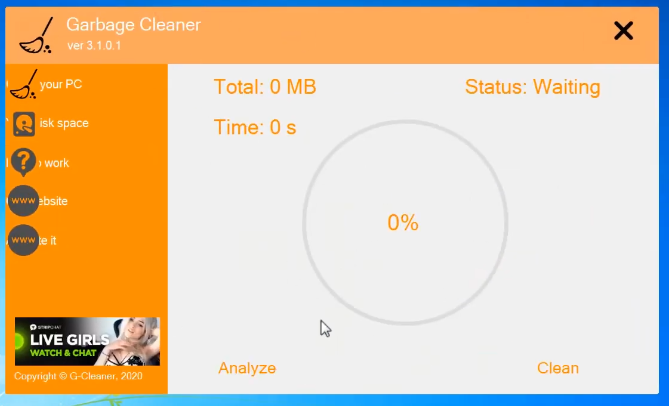

In a blog post, Paul Yung, vice president of products at Avast subsidiary Piriform, explained, “An unauthorized modification of the CCleaner.exe binary resulted in an insertion of a two-stage backdoor capable of running code received from a remote IP address on affected systems.” Too bad the same choice doesn’t exist with Equifax.” That is how I determine if I’ll use it or not in the future.”Īnother noted, “At least we have a choice to use or not use it. I don’t question ‘if’ something I use is going to be hacked but ‘when.’ When it does happen, I look at the response of the company and how they handled the situation. One survey respondent wrote, “Things happen… That’s why we prepare ahead.
#Ccleaner malware called software
Just 14 percent said they’ll stop using CCleaner in response to the news, and another 27 percent didn’t use the software to begin with. After Cisco Talos researchers determined that Avast’s CCleaner software was distributed with multi-stage malware between August 15 and September 12, 2017, 27 percent of IT pros surveyed by Spiceworks say they’ll continue to use the software anyway.Īn online poll of more than 800 IT professionals found that 27 percent said they’ll continue using CCleaner, and another 32 percent said they haven’t decided yet.


 0 kommentar(er)
0 kommentar(er)
